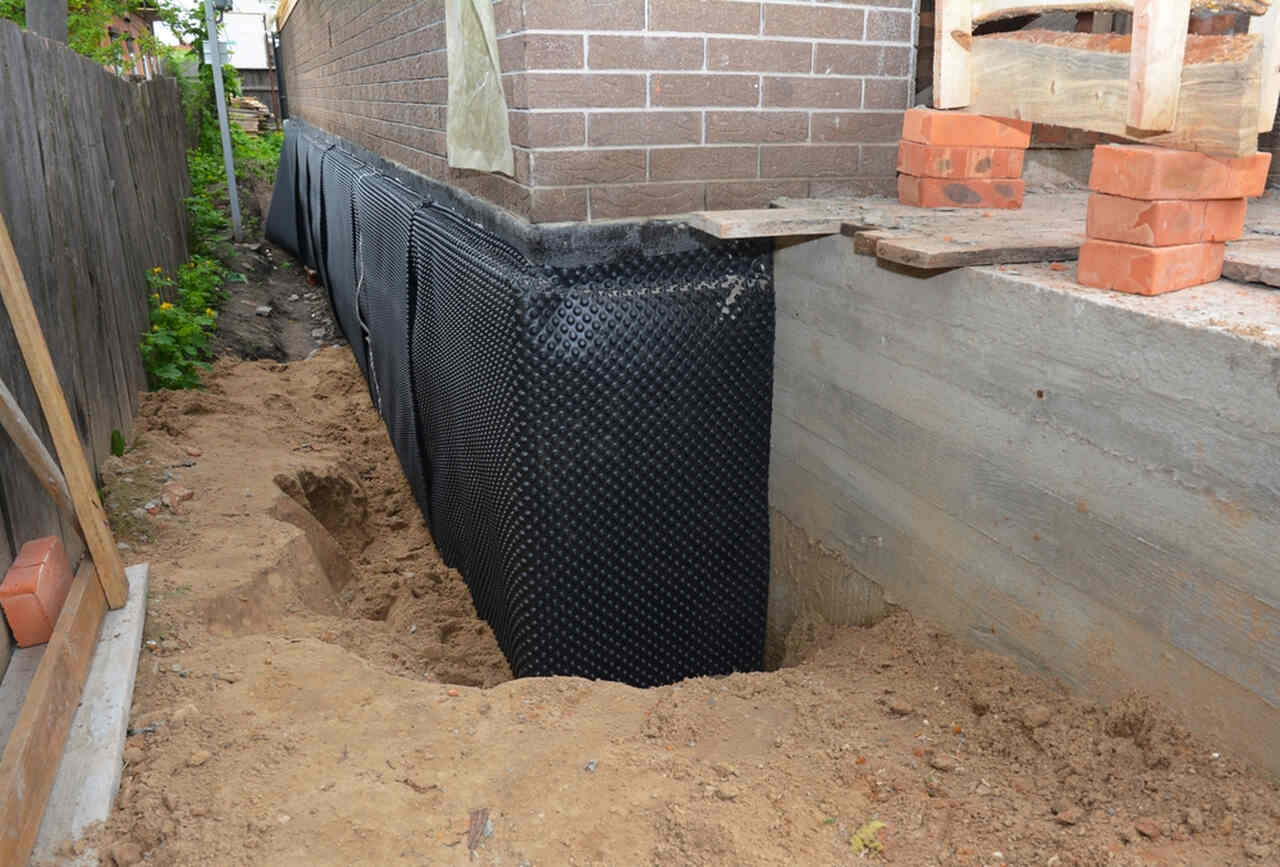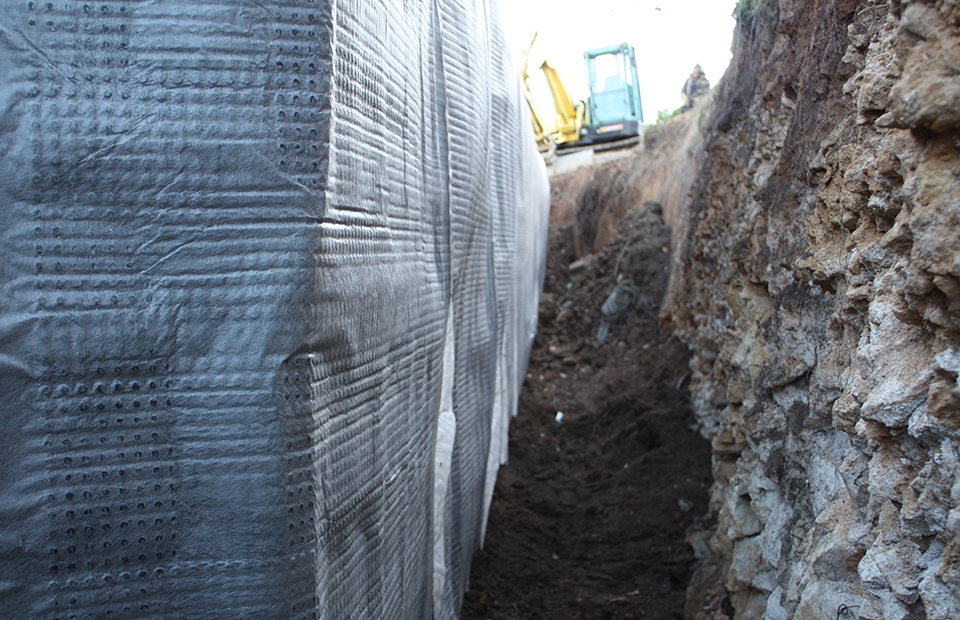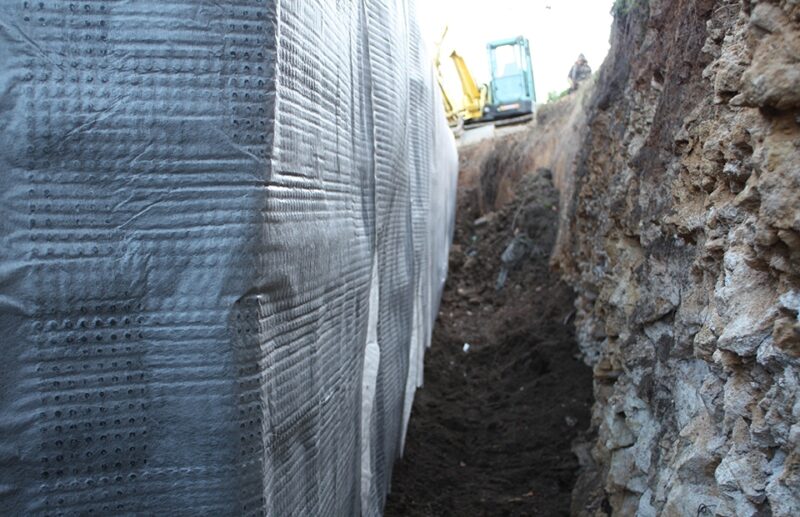When it comes to safeguarding your home from the relentless advance of moisture, foundation waterproofing often emerges as a beacon of hope—or a source of confusion. Myth and misinformation shroud many aspects of this vital process, leaving homeowners grappling with misconceptions that can lead to costly mistakes.
You might hear tales of miracle solutions or warnings of dire consequences that simply don’t hold water. In this article, we will dive deep into the murky waters of foundation waterproofing myths, illuminating the truths that every homeowner should know.
From the role of drainage systems to the effectiveness of various sealants, understanding these key elements is crucial for protecting your investment and ensuring the integrity of your home. Buckle up as we debunk the prevalent myths and arm you with the knowledge you need to make informed decisions about your home’s defense against the elements.
Foundation Waterproofing is Only Necessary in Flood-Prone Areas

One of the pervasive myths about foundation waterproofing is the notion that its only necessary in flood-prone areas. This misconception can lead homeowners to overlook the critical need for waterproofing even in regions that don’t typically experience severe flooding.
Consider that water can infiltrate through minor cracks, soil saturation, or rising groundwater levels—events that can occur in any geographic locale. Furthermore, humectant conditions, heavy rains, or even melting snow can introduce moisture to a foundation, causing deterioration over time.
Its not just about where you live, but also the specific characteristics of your property and local climate that dictate whether waterproofing is essential. Investing in foundation waterproofing can safeguard against potential issues, including mold growth and structural damage, regardless of how frequently floods occur in your vicinity.
After all, prevention is often more cost-effective than repair.
New Homes Don’t Need Waterproofing

A common misconception about new homes is that they are immune to the perils of water damage, eliminating the need for waterproofing solutions. However, this notion is misleading.
Construction techniques and materials may have advanced, but even the freshest foundation can be vulnerable to water intrusion, especially in areas with high rainfall or poor drainage. It’s essential to recognize that factors like soil composition, proximity to water sources, and unintended construction flaws can compromise the integrity of a homes foundation, regardless of its age.
Neglecting waterproofing in a new build could invite a cascade of problems down the line, including mold growth, structural issues, and costly repairs. Investing in effective waterproofing from the start not only safeguards your property but also adds value to your investment over time.
Waterproofing is a One-Time Fix

One common misconception about foundation waterproofing is the belief that it’s a one-time fix—a simple apply-and-forget solution. However, this notion couldnt be further from the truth.
Waterproofing systems, while effective, can deteriorate over time due to factors like soil movement, flooding, or even the natural settling of a home. Imagine investing in a waterproofing solution only to find that years later, your basement is once again vulnerable to moisture.
Regular maintenance, inspections, and, when necessary, reapplication are essential to ensure your homes foundation remains safeguarded against the relentless power of water. Ignoring these ongoing needs can lead to costly repairs and damage that could have been avoided with diligent care.
Protecting your home requires a proactive approach, not a one-and-done mentality.
Conclusion
In conclusion, dispelling the myths surrounding foundation waterproofing is crucial for homeowners seeking to protect their properties effectively. Understanding the true causes of water intrusion and the best methods for prevention can save time, money, and stress in the long run.
By relying on reputable professionals like Niagara waterproofing, homeowners can ensure that they have accurate information and quality solutions tailored to their specific needs. Always remember that proactive measures and informed decisions are the keys to maintaining a dry and secure foundation.
Dont let misconceptions steer you away from safeguarding your home against water damage; instead, prioritize expert advice and effective waterproofing strategies to preserve your investment for years to come.


